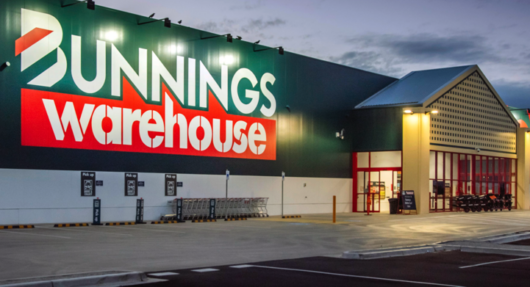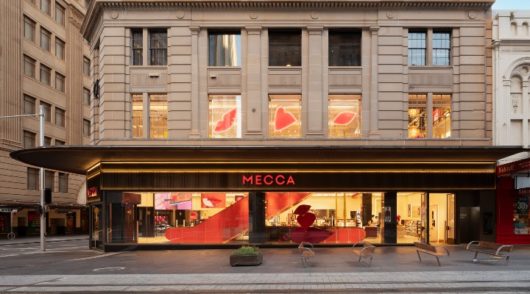 Retailers can expect more mass consolidation, the continuation of supermarket diversification into new areas and a change in consumer eating and spending habits in 2018 according to GlobalData.
Retailers can expect more mass consolidation, the continuation of supermarket diversification into new areas and a change in consumer eating and spending habits in 2018 according to GlobalData.
Although it is unlikely that we will see the same level of industry wide change in 2018 seen over the past 12 months, the data and analysis firm expects further change in the food retail market as the industry adapts to 2017’s changes and inflation continues through the year.
GlobalData has predicted a price war in convenience – with the consolidation of the wholesale convenience market, there will be an intensification of competition in the convenience market throughout 2018.
“Just as we saw from 2012-2016 with the discounter-led price war, as soon as one party moves to bring prices down, everyone moves,” said Molly Johnson-Jones, senior retail analyst at GlobalData.
“This will lead to margin erosion for convenience operators, and many independents will be pushed out of the market.”
The consolidation of symbol groups, said Johnson-Jones, will precipitate a homogenisation of convenience stores, as many move towards a ‘mini-supermarket’ type model.
“This is also driven by the shift in consumer shopping habits – younger shoppers are increasingly using convenience stores for their weekly shops, with 25.3 per cent of 25-34 years olds using them for their main shop.
“Thus, convenience stores are moving to capture this spend by changing their range and operating model.”
Sweating assets over space expansion
Space expansion has been slowing since 2012, according to GlobalData, with the majority of space addition coming from the discounters. Input inflation will continue to pressure retailers through 2018, and as a result, grocers will be searching for ways to diversify their stores in order to increase sales densities as much as possible.
Commenting on ‘the big four’ UK supermarket chains – which includes Morrisons, Sainsbury’s, Tesco and Asda – Molly-Johnson said major retailers will continue to seek opportunities to drive footfall and increase spend, but as many avenues have already been explored, it is likely that developing company-owned space into non-grocery ventures and the sharing of leased space with other retailers will become the norm in supermarkets’ business models.
“However, 2018 is likely to see changes in the terms of leases as landlords have become more aware of supermarkets sharing space with other retailers and services, and thus generating a return which may not be acknowledged as turnover in lease agreements,” she said.
“Those supermarkets that do not prioritise the short term at the expense of long term operation will come out on top.”
Access exclusive analysis, locked news and reports with Inside Retail Weekly. Subscribe today and get our premium print publication delivered to your door every week.





